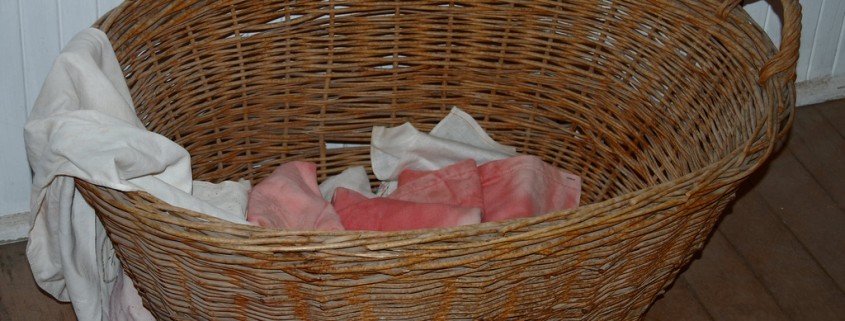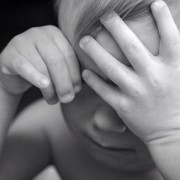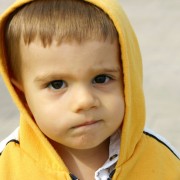How to help our children learn about consequences
What happens when you pay your electricity bill late? – you get one reminder, and then a late fee is applied if you still don’t comply.
What happens when you bring your wife a bunch of flowers? – she shows gratitude to you!
What happens when you don’t prop the ladder correctly before climbing up? – it wobbles, putting you in danger.
All of these are consequences of our actions. As adults we know what the consequences are, and we choose to comply, or not comply, knowing there will be consequences.
These are important life skills for our children to develop:
- the understanding that all actions have consequences – either positive or not,
- and that we have a choice as to what action we choose to take.
How do we help our children learn about consequences?
It’s always done in a respectful manner. The purpose is to show what happens when they do’ xyz’.
Picture this scenario: The young child is attempting to pour milk from the container into a cup. You suggested that she might hold the cup to steady it, but she chose not to. It spills everywhere. Rather than ranting about the mess, you might say: ’Oh-oh, the milk spilt. What do we need to do now?’ – ie allow the child to work out that a clean up is necessary, AND, allow them to help in cleaning it up – even if you know they won’t do it as well as you! It’s part of their learning journey – to learn that if I don’t hold the cup, it’s hard to pour, and that if I make a mess, then I have to clean it up. This is never done as ‘punishment’, and doesn’t involve any yelling – it’s done as a logical consequence – spilt liquids need to be cleaned up!
Another example: The toddler is throwing blocks around and you ask them to stop, and they don’t. A logical consequence is to put the blocks away and say: ‘We don’t throw blocks, so Mummy’s going to put them away.’ This is usually when a young child will now throw a tantrum, or 4yo+ will ‘promise’ to not throw them again. If this is a new rule (we don’t throw blocks) then give them a second chance. If they do know the rule, then it’s important that parents follow through with the stated consequences. Children need to learn to trust their parents and to trust that the words they say are true. So, if you say you will put the blocks away, then you must! When this action is repeated often, children learn to trust that they can rely on you to do as you say (regardless of whether they like it or not). Eventually they will learn to either not throw the blocks, or to know that you will them be removing them.
What sometimes happens is that parents cave in to the ensuing tantrum or begging. However if you do, then you are actually telling the child that your word is not true… that you will change your mind if they whinge – and that’s not something we want to encourage in our children.
I remember a time when my children and were notoriously bad at leaving their dirty clothes on the floor, or next to the washbasket in the bathroom. After much frustration, I announced that I would only be washing clothes IN the basket, and nothing else. Nothing changed re the mess. But, a few days later my 6 y.o. yelled that he didn’t have any clean undies for school. Rather than giving a lecture about where dirty clothes should go, or rescuing him in any way, I simply said: ‘Oh no, what will you do?’ He definitely wasn’t happy, and I don’t know whether he chose to wear yesterdays ones, or none, but, the clothes were in the basket thereafter!
It was hard for me to let go of my natural Mummy desire to rescue him and to sort out the problem for him, and to instead let him learn about consequences – not always easy for the parent or child, but vitally important!
Happy Consequential Parenting







